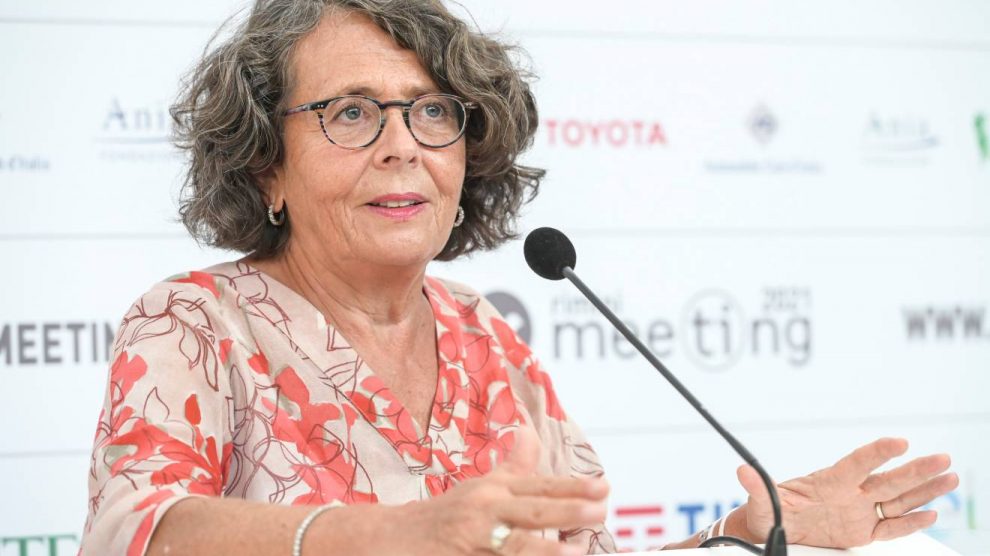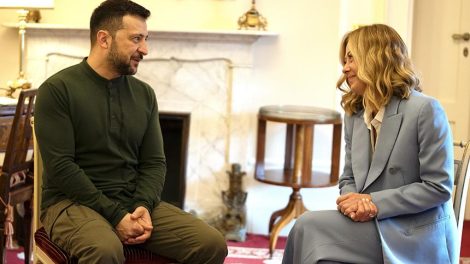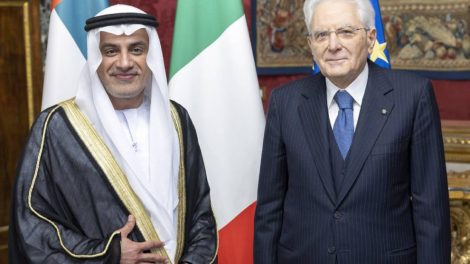Placing Italy at the centre of the Mediterranean by building a “positive agenda”, which does not look at the region “as an epicentre of the crisis, but rather recognises its extraordinary potential,” a space for dialogue and connection between Europe, Africa and Asia “united in a single macro-continent” where education and its dissemination will play a crucial role, as the pivot of development.
Through an op-ed on La Repubblica, Mario Draghi’s government entrusted Foreign Minister Luigi Di Maio with the task of outlining Italy’s international projection area – the wider Mediterranean that brings together the southern coasts of Europe, the western coasts of Maghreb Africa and the Sahel hinterland, and the western coasts of Middle East Asia.
Mr Di Maio’s speech was an opportunity to welcome the start of the “Med Dialogues” conference organised by ISPI with the Ministry of Foreign Affairs, a longstanding reference point for meetings on the region between ministers, institutions, analysts and companies. “Leveraging Transitions” is this year’s guiding theme: a title reflecting the need to leverage the different transitions we are going through on the levels of politics, society, the economy, energy and digital.
Education and training are the keys to socio-economic growth and employment, said Marina Sereni, Deputy Minister for Foreign Affairs, speaking at the opening panel. The introductory discussion was devoted to cooperation in the basin, or rather “challenges and opportunities for long-term growth,” as Undersecretary Manlio Di Stefano called it. Dialogue and cooperation also mean overcoming the diversities that negatively transform the Med’s heterogeneities, making them inequalities, differences in education being one of the latters.
“Quality education for all is the key to building more inclusive and resilient societies and requires a wide network of partnerships to reduce fragmentation,” said Leonardo Bencini, director of the Strategic Unit, Global Processes of the Directorate-General for Development Cooperation at the Foreign Ministry.
“We are working to strengthen public primary education infrastructure and services and promote access to quality education. All over the world, Italy is committed to empowering girls by investing in [their] education,” Ms Sereni added, underscoring how the issue is felt and prioritised by Italy and attesting to why Rome’s activities in the region are perceived in a very positive way.
The pandemic has caused unprecedented disruption to education and schooling globally, affecting the lives of millions of children and families, especially in the southern part of the world – where the Mediterranean region has weaknesses to make up for. Education is not only a fundamental human right, but a key driver of sustainable development: it is impossible to think of stable, peaceful, equitable and sustainable societies without investing in quality education for all.
In this optic, Italy has increased its contribution to the Global Partnership for Education; supports the Safe School Declaration to mitigate the impacts of armed conflict on education; works to strengthen public primary education infrastructure and services, and promote access to quality education, with the implicit objective of empowering women. According to Save The Children’s Director-General, Daniela Fatarella, “education is the best investment to recover from the pandemic”.
Her statement makes the objectives of the Italian investment programmatic. If this juncture’s keyword is “transitions” – be they economic, energy, political, social or digital – then the crucial goal is to govern them. Identifying an issue such as education as a catalyst puts Italy at an advantage over other players who are more ambitious, competitive and exploitative in their view of the opportunities offered by the Mediterranean.





